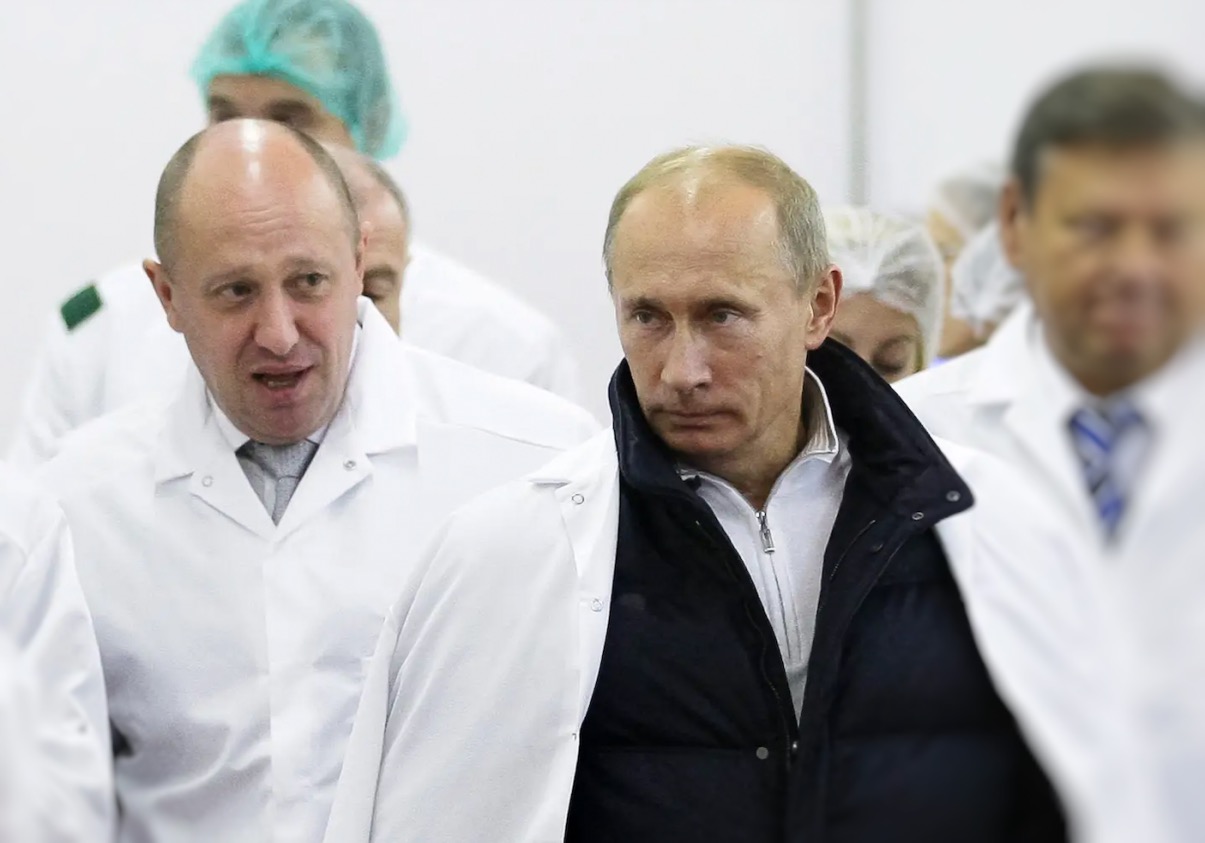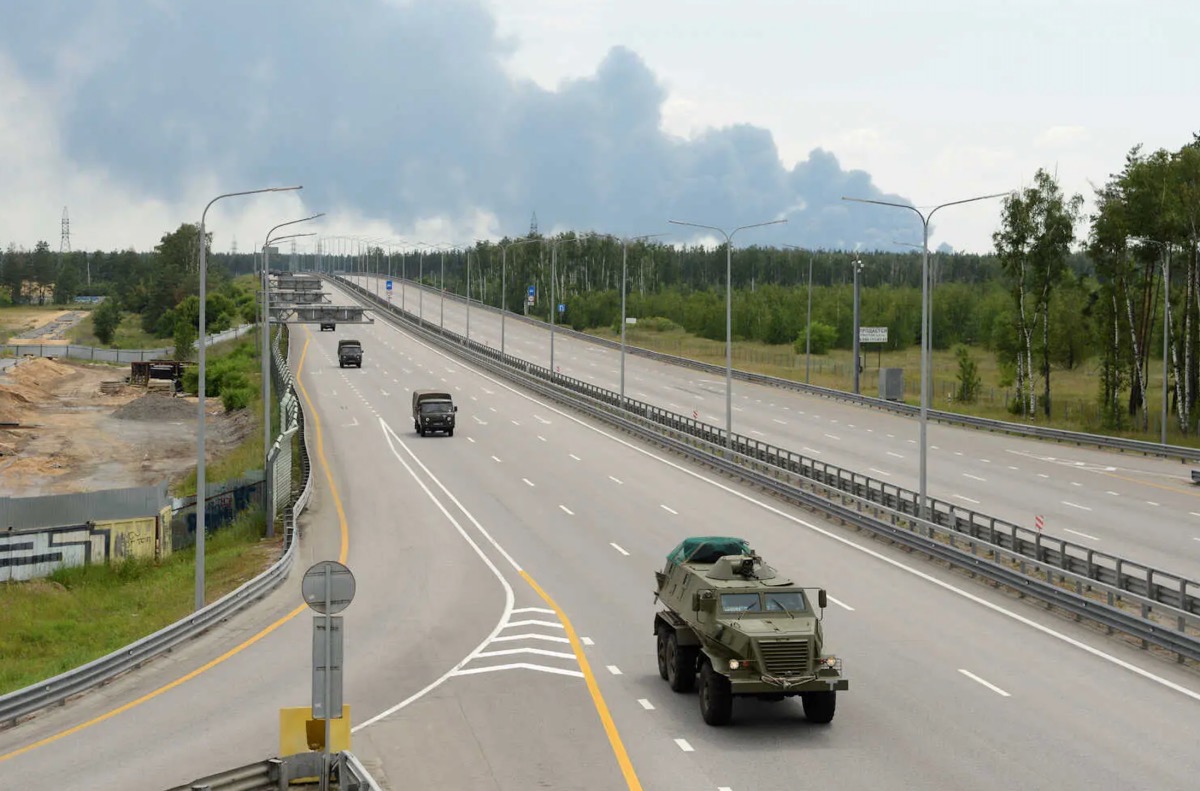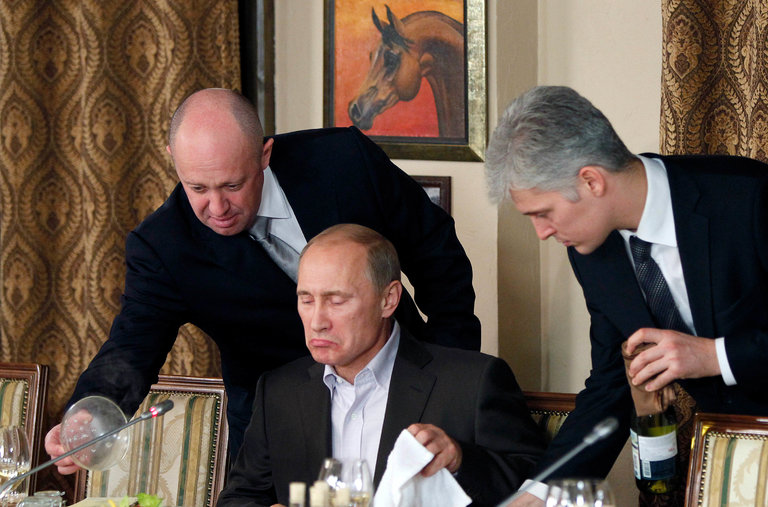MOSCOW, Russia – In a stunning revelation, Russian President Vladimir Putin admitted on Tuesday, June 27, 2023 that the Kremlin has funneled over a billion dollars into the Wagner private military company (PMC), a notorious group known for its mercenaries and alleged human rights abuses.
Speaking to Russia’s military, Putin disclosed that between May 2022 and May 2023, the Russian government spent approximately 86 billion rubles (over $1 billion) on the Wagner Group, which is founded and led by Yevgeny Prigozhin, an exiled figure known as “Putin’s chef.”

“I want to note and I want everyone to know that the financing of the entire Wagner group was fully ensured by the state. We fully financed this group from the Defense Ministry, from the state budget,” Putin stated, as translated by state-affiliated media TASS.
He went on to detail that out of the total sum, 70.38 billion rubles ($824 million) went towards remuneration, 15.87 billion rubles ($185 million) as incentive rewards, and 110.17 billion rubles ($1.2 billion) for insurance payments.
Additionally, Putin mentioned that the Russian government granted 80 billion rubles ($937 million) to Concord, the company owning Wagner PMC. These funds were allocated for supplying food and providing food services to Wagner’s mercenaries.

“The state fully ensured the financing [of Wagner], whereas a portion of that group, this Concord company, earned 80 billion rubles during the same period,” said the Russian President.
The Trent could not independently verify the funding figures.
This admission marks a dramatic shift from Russia’s previous denials of any connections between the Kremlin and the Wagner Group. Wagner has operated in various locations, often in alignment with Moscow’s interests, and has a significant presence in regions across Africa, the Middle East, and Ukraine.
The group has faced international condemnation for alleged severe human rights abuses, particularly against civilians in countries such as the Central African Republic.

These disclosures come in the wake of recent tumultuous events, where Prigozhin, exiled to neighboring Belarus, initiated an armed rebellion against Moscow. The future of the Wagner Group hangs in the balance.
In a bid to retain control, Putin has invited Wagner mercenaries to either join the Russian military, migrate to Belarus, or return home. Meanwhile, Russian lawmakers are in the process of drafting regulations for the Wagner PMC.
As this story unfolds, it is evident that Putin’s revelation has placed the Wagner Group and Kremlin’s relationship with PMCs under a stronger spotlight.







